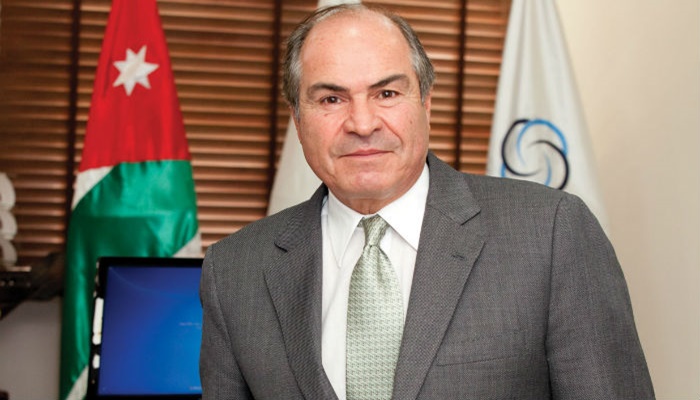
Jordanian Prime Minister Hani Mulki on Monday stepped down following a series of protests in the country’s capital, and other cities in the country.
The Prime Minister’s resignation is coming after he was summoned by King Abdullah II over growing protests against his government’s austerity measures.
“Prime Minister Hani Mulki submitted his resignation to the king this afternoon during a meeting at the Husseiniyeh Palace and the king accepted the resignation,” a government source told AFP.
The source added that the king asked Education Minister Omar al-Razzaz to form a new government.
Since Wednesday, the people of Jordan had been taking to the streets of major cities to call for the removal of the Prime Minister after the government adopted a draft income tax law and announced new price hikes based on recommendations by the International Monetary Fund (IMF).
Calling on Mulki to step down, the protesters vowed not to “kneel”, as trade union and a majority of MPs opposed to the new taxation.
The Premier’s meeting with the king came hours after around 5,000 people rallied outside Mulki’s office in Amman, on the fifth consecutive day of protests in Amman and other cities.
Jordan, a mostly desert kingdom with few resources, has seen prices of several basic goods and services, such as bread, fuel and electricity, rise steadily over the past year.
The government had last month adopted a draft income tax law aimed at increasing taxes on employees by at least five percent, and on companies by 20 and 40 percent.
And last week, it announced a new price hike for electricity and fuel, before revoking it under orders from the King following protests.
They were the latest measures in a series of economic reforms since Amman secured a $723-million three-year credit line from the IMF in 2016.
The loan, intended to support economic and financial reforms, has the long-term objective of reducing Jordan’s public debt from about 94 percent of GDP to 77 percent by 2021
Mulki’s resignation is coming two years after he assumed power in May 2016.






